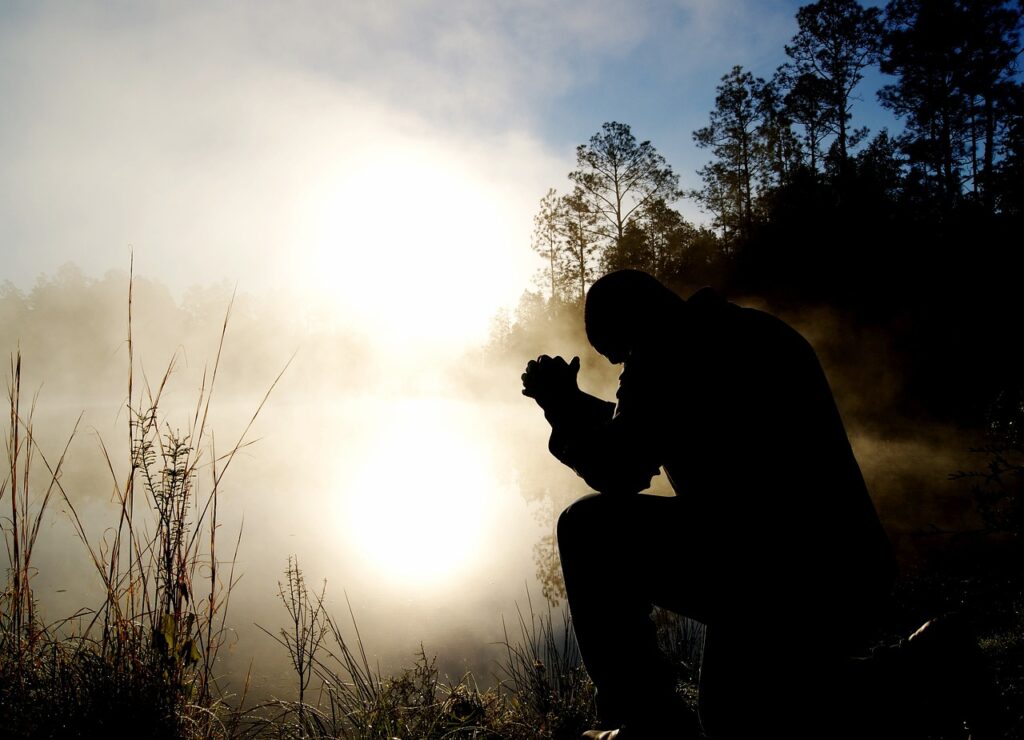Elections in Ghana are a cornerstone of the nation’s democracy, characterized by vibrant participation and palpable energy. During election periods, citizens eagerly exercise their right to shape the country’s future, creating an atmosphere of anticipation and excitement. This shared sense of purpose unites Ghanaians as they demand accountability and advocate for meaningful change. The period is marked by intense debates, colorful rallies, and dynamic campaigns that dominate both the streets and the airwaves.
The Power of the Ghanaian Voter
Casting a ballot in Ghana represents more than just selecting a leader—the voter expresses hopes, fears, and aspirations for a better future. In this vibrant democracy, voters are the true agents of change. They wield their votes as tools to influence the nation’s trajectory. Ghana’s elections highlight the immense power of collective decision-making, demonstrating that the masses hold the ultimate authority.
As this democratic process unfolds, one question stands out: Are citizens prioritizing the nation’s best interests when casting their votes? Thoughtful voting requires careful consideration of candidates’ policies and their potential impact on the country’s development.
A critical aspect of elections is understanding the voter’s role in the process. Beyond attending rallies and listening to inspiring speeches, citizens must educate themselves about candidates’ policies and the implications of their choices. Unfortunately, many voters are swayed by emotionally charged rhetoric, neglecting the need for rational decision-making.
This lack of informed participation can lead to unintended consequences, including the election of leaders whose actions may not align with national progress. By focusing on substantive issues rather than spectacle, voters can make choices that reflect the best interests of Ghana.
Campaign Promises: Between Hope and Reality
Presidential candidates, keenly aware of the stakes, often present compelling manifestos and promises to garner support. They engage with citizens directly, making assurances that range from economic transformation to improved social services. However, the critical issue lies in the fulfillment of these promises.
Do these leaders deliver on their commitments, or do they leave the nation grappling with unfulfilled expectations and rising debt? Ghanaians must critically evaluate the credibility of these pledges and hold leaders accountable for their actions once elected.
The Challenge of Electoral Violence
Despite Ghana’s reputation for peaceful elections, isolated incidents of violence have sometimes marred the process. Clashes at polling stations, community unrest, and even attempts to rig elections by some individuals highlight the darker side of electoral activities. These disruptions often stem from a lack of education about the democratic process and blind loyalty to political parties.
The responsibility to maintain peace lies with all stakeholders, including voters, political leaders, and security agencies. Citizens must avoid actions that incite violence or threaten the safety of others, recognizing that peaceful elections are critical to preserving Ghana’s democratic legacy.
Progress and Hope for the Future
In recent years, Ghana has made significant strides in conducting peaceful and credible elections. The Electoral Commission of Ghana has been instrumental in ensuring transparency and fairness, earning the country respect on the global stage. The 2000 elections, for instance, stand out as a milestone in the nation’s democratic journey, marking a peaceful transition of power for the first time in Ghana’s political history.
As the country prepares for its next elections, the focus remains on consolidating these gains. Collaboration between the Electoral Commission, civil society organizations, and political stakeholders is essential to fostering an environment where every citizen can participate freely and without fear.
A Better Ghana
The power to shape Ghana’s future lies in the hands of its citizens. By staying informed, voting responsibly, and demanding accountability from leaders, Ghanaians can ensure that the nation continues on its path toward progress. It is essential for every voter to understand the weight of their choice and the impact it can have on the country’s development.
As the next electoral cycle approaches, let us prioritize peace, unity, and informed participation. By doing so, we not only strengthen Ghana’s democracy but also honor the aspirations of generations who have fought for the nation’s freedom. Long live Ghana, a beacon of democracy in Africa.








